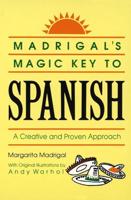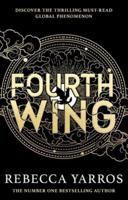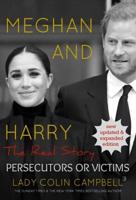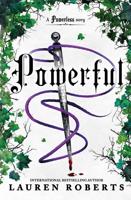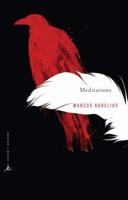Publisher's Synopsis
More sombre topics engaged him in the comedy of 'All's Well that Ends Well, ' which may be tentatively assigned to 1595. Meres, writing three years later, attributed to Shakespeare a piece called 'Love's Labour's Won.' This title, which is not otherwise known, may well be applied to 'All's Well.' 'The Taming of The Shrew, ' which has also been identified with 'Love's Labour's Won, ' has far slighter claim to the designation. The plot of 'All's Well, ' like that of 'Romeo and Juliet, ' was drawn from Painter's 'Palace of Pleasure' (No. xxxviii.) The original source is Boccaccio's 'Decamerone' (giorn. iii. nov. 9). Shakespeare, after his wont, grafted on the touching story of Helena's love for the unworthy Bertram the comic characters of the braggart Parolles, the pompous Lafeu, and a clown (Lavache) less witty than his compeers. Another original creation, Bertram's mother, Countess of Roussillon, is a charming portrait of old age. In frequency of rhyme and other metrical characteristics the piece closely resembles 'The Two Gentlemen, ' but the characterisation betrays far greater power, and there are fewer conceits or crudities of style. The pathetic element predominates. The heroine Helena, whose 'pangs of despised love' are expressed with touching tenderness, ranks with the greatest of Shakespeare's female creations.

















